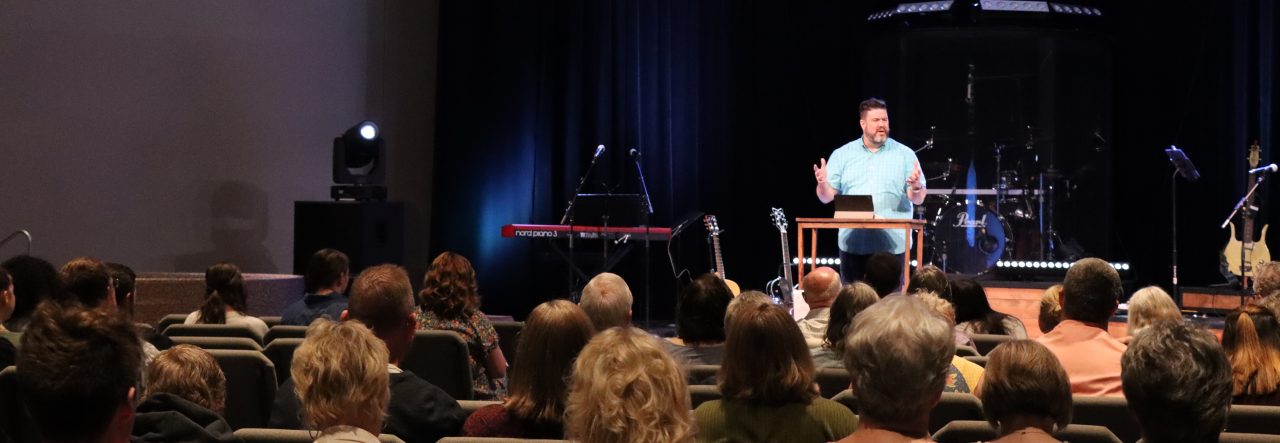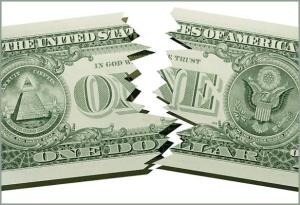On Sunday, as I preached about the coming of the Lord, I used the analogy of our maintenance volunteer at the church who leaves town frequently, creating a need with maintenance projects the staff does not have the skills to repair. We make a list for him to “fix” when he comes home. The list means we may have to wait, but we know its going to get fixed eventually.
In our analogy, Jesus is in heaven, and we are waiting for His return to restore our broken world.
Acts 3:21 – “Heaven must welcome Him until the times of the restoration of all things …”
Here is a list I made (and preached) that Jesus will repair when he returns again.
Come Lord, Jesus and . . .
Fix human trafficking
Repair broken families
Eradicated vicious diseases
End senseless war & conflict
Let there never be weapons of mass destruction
chemical warfare
genocide or terrorist acts
Mend racial divide
Tear down prejudice
Feed the hungry
Stop all famine, flood or destructive fire
Let crime cease to exist
There will be no more courts or jails, for they all will obey the word of the Lord
Raise up a righteous standard
Show forth your justice to the oppressed
Shine forth your truth to the deceived
Wash away the consequence of our sin
And let holiness be what we desire



